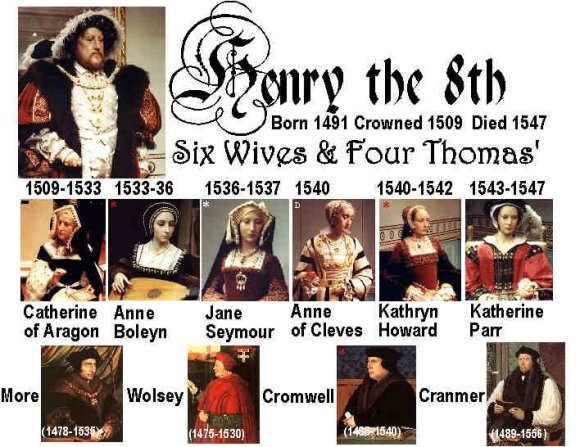You forget their government is a church, look at the great family values that instills, when they have this guy as a role modelSo, burning the Koran is illegal in Britain? I thought they had freedom of expression over there across the pond.
Burning the Koran is not such a good idea, but banning the burning is an even worse idea.:

Wrong! The church plays no part in government. Neither does the Queen.



